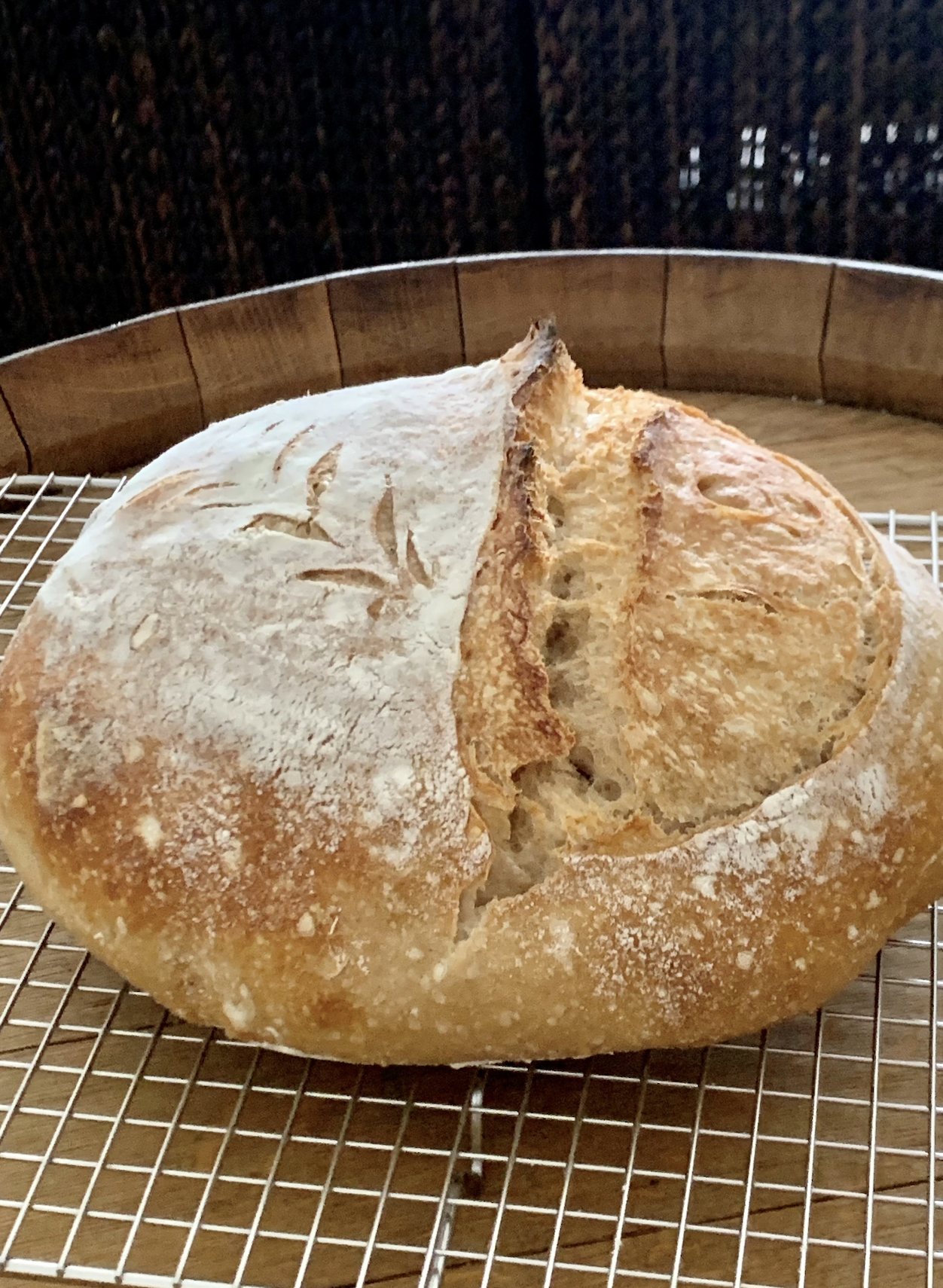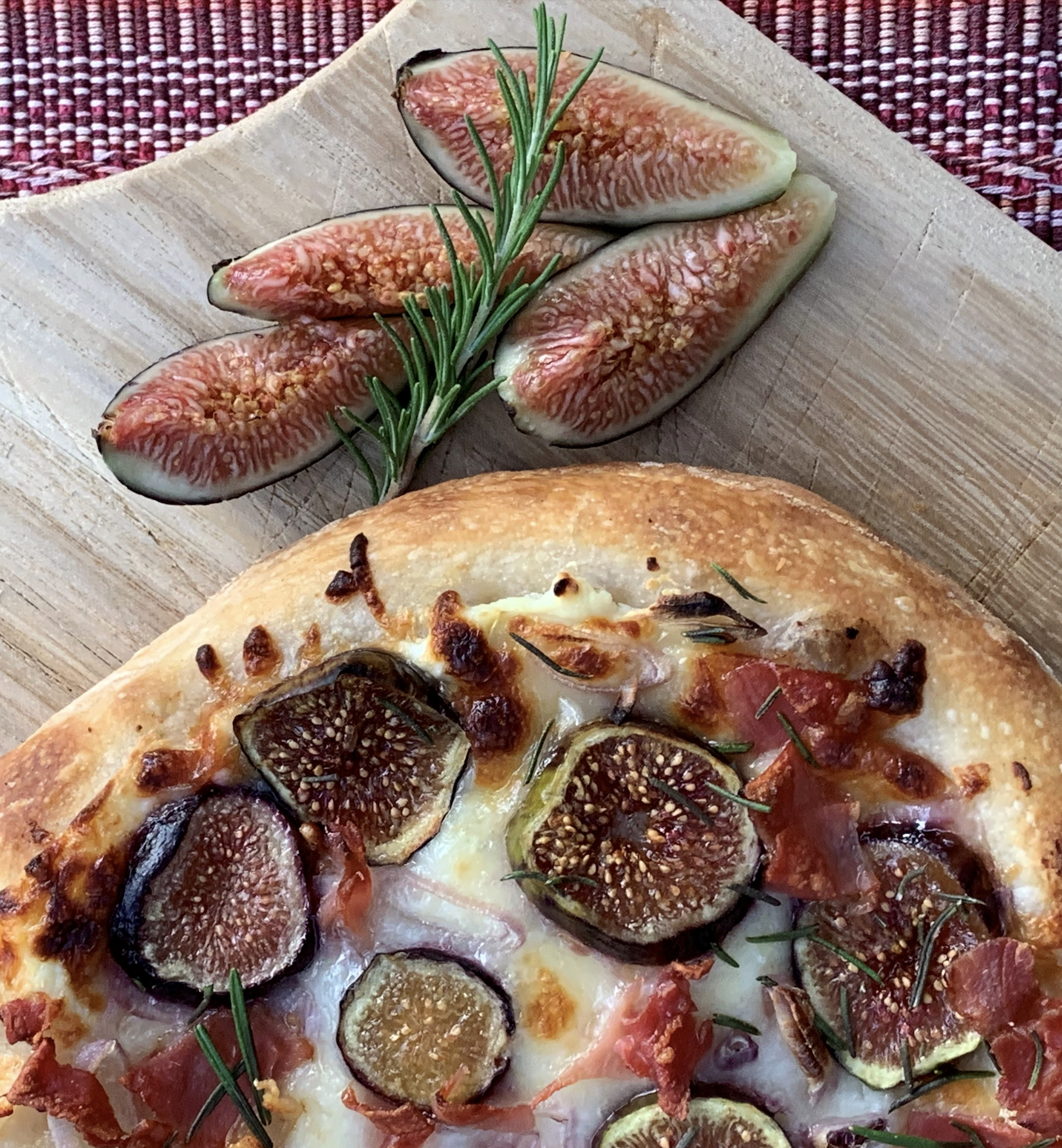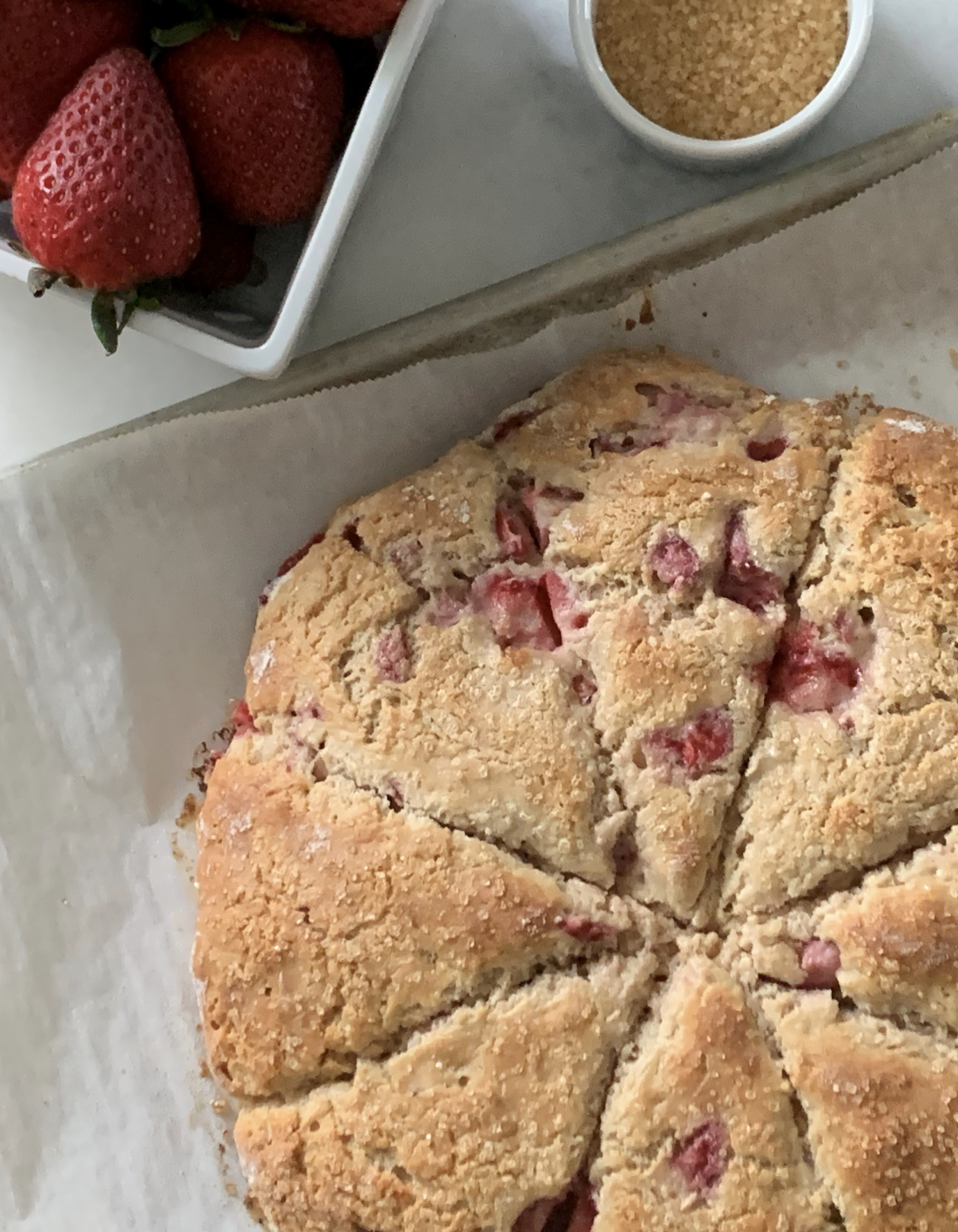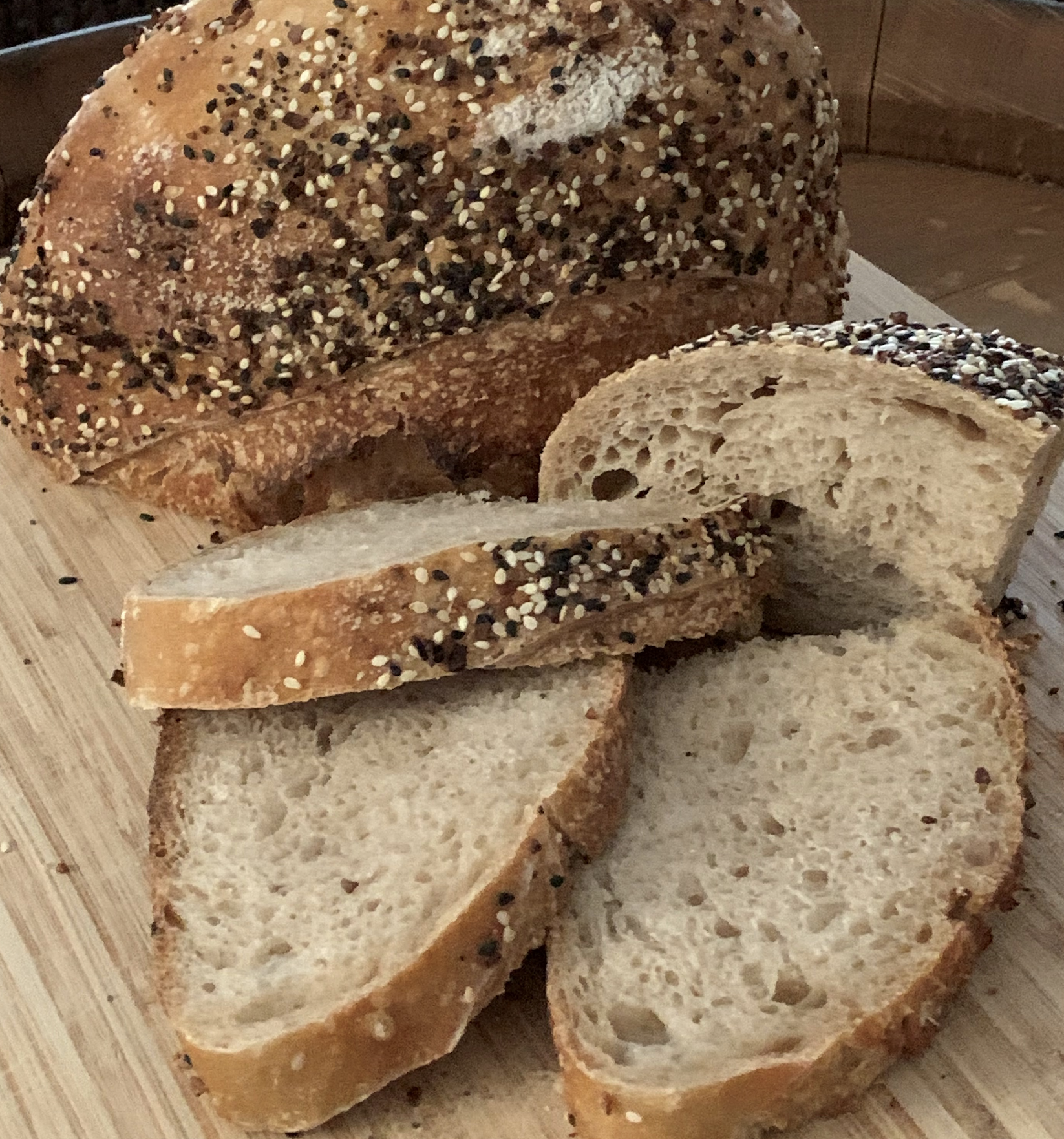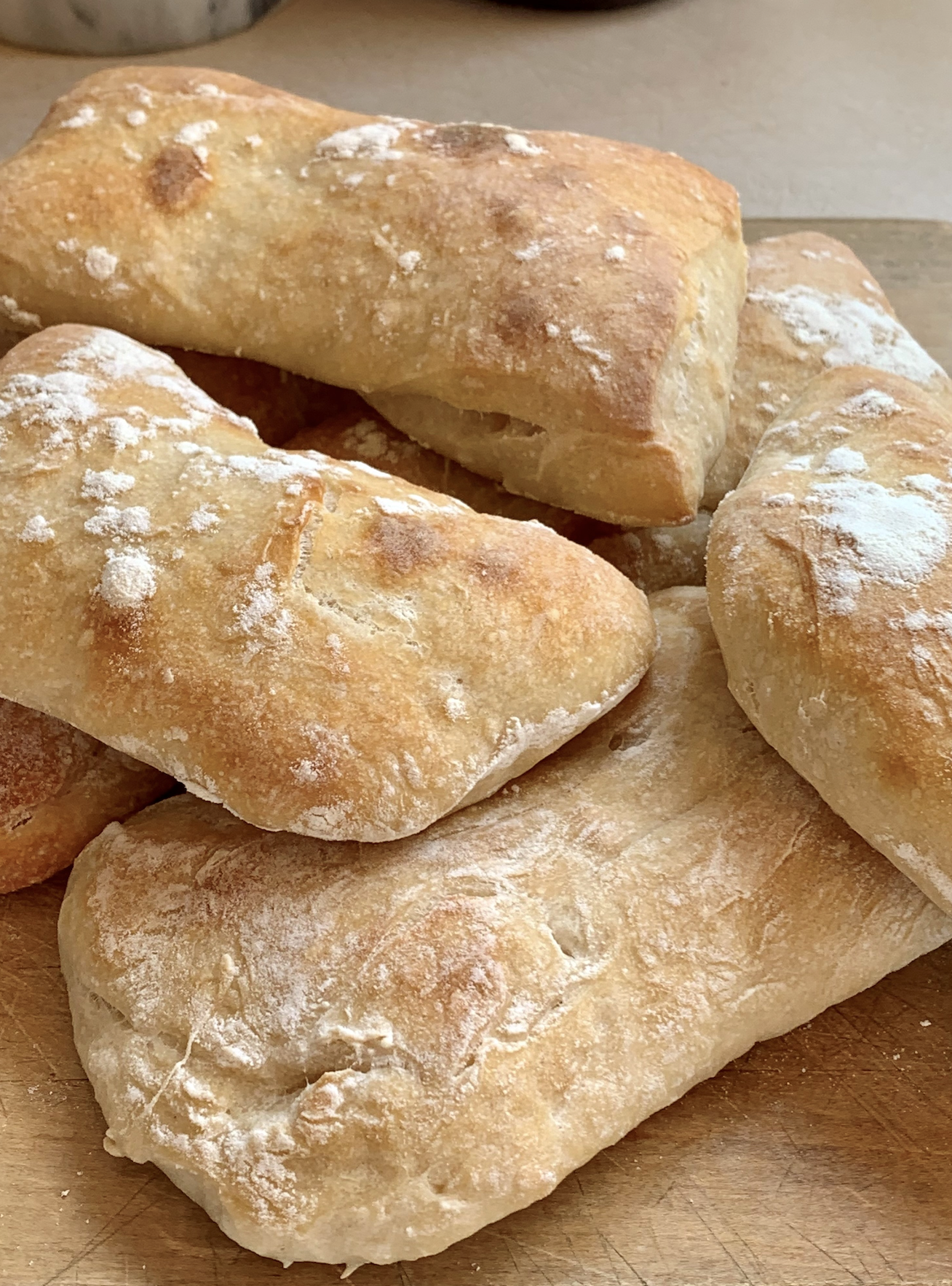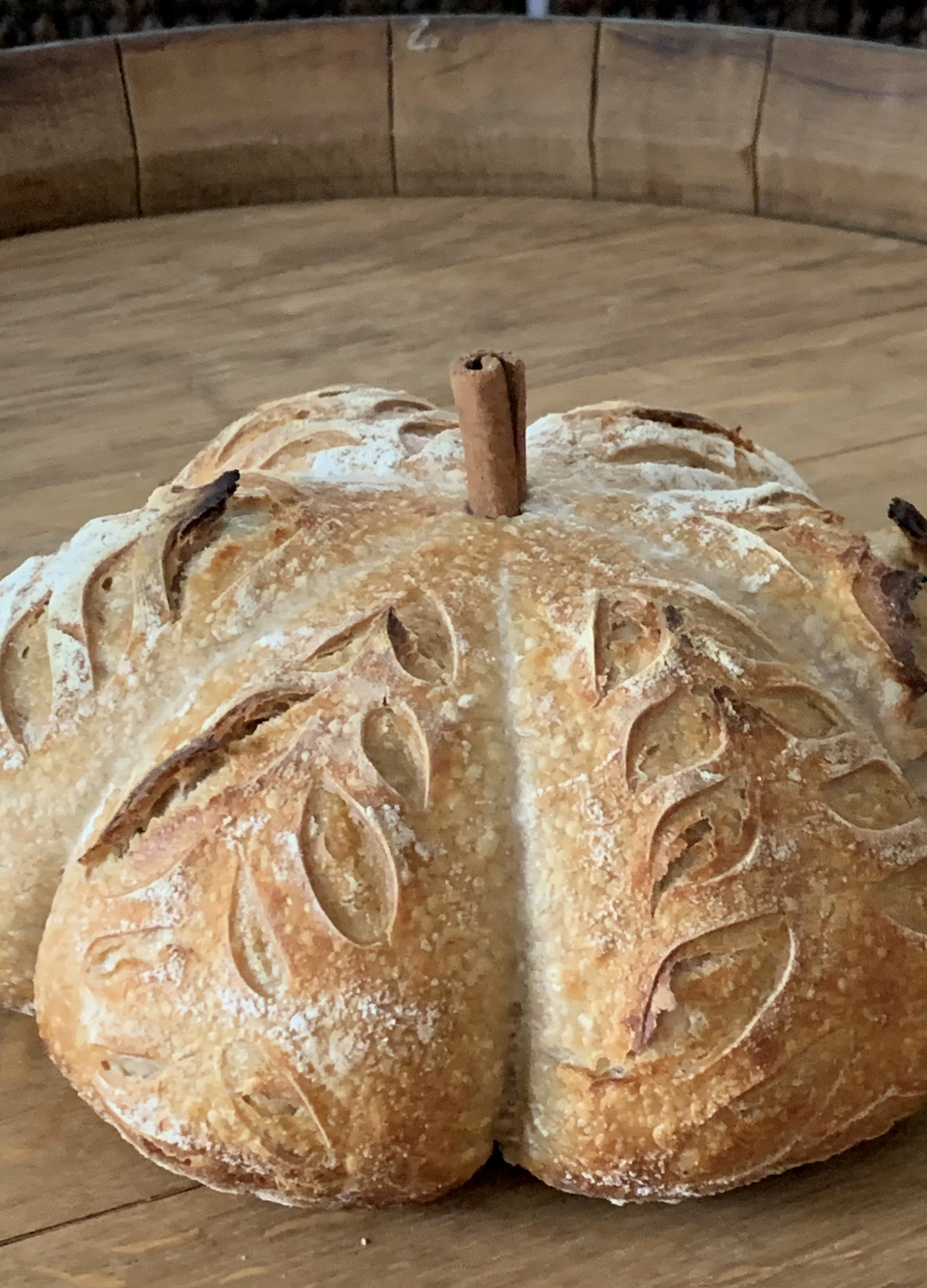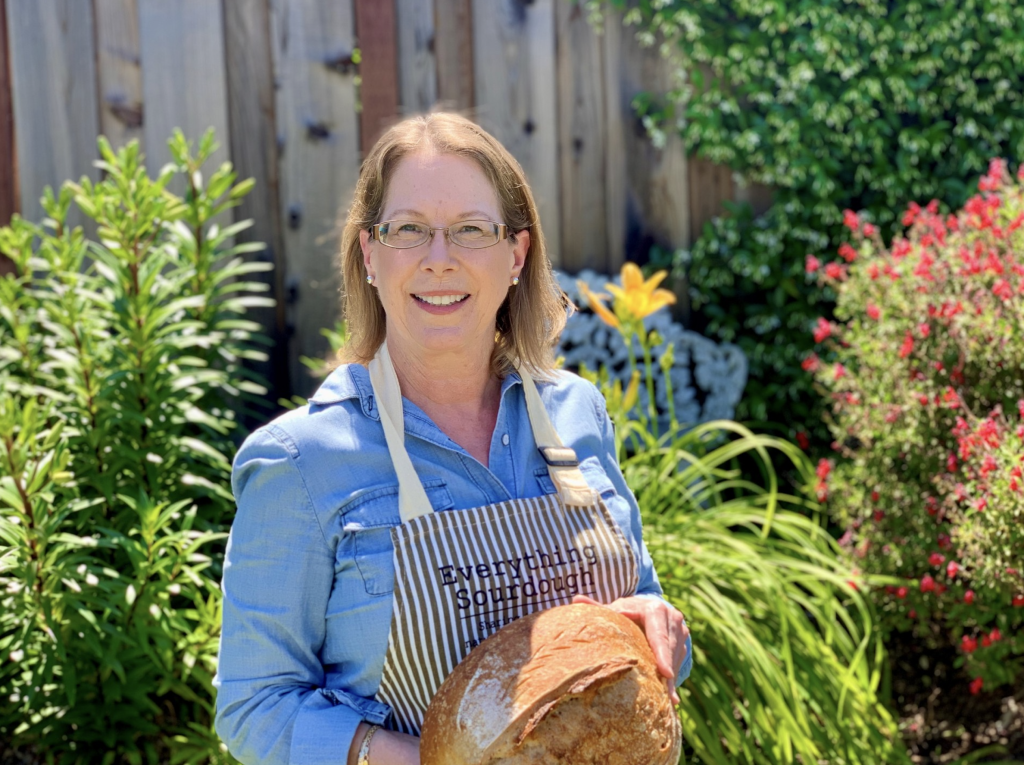Sourdough isn’t just a trend; it’s a lifestyle, a history, and a science, all rolled into one delicious loaf. As the artisan bread movement takes the world by storm, there are few names as synonymous with its rise as Deb from @Everything.Sourdough on Instagram. With her tantalizing photos, tried-and-true recipes, and infectious passion for all things fermented, she’s cultivated a community that stretches far beyond the confines of her digital platform. This month, we were privileged to sit down with Deb, peeling back the layers of flour-dusted mystery, to discover the secrets behind her sourdough magic. Dive in, and be prepared to be inspired; because the world of Everything Sourdough is as rich and deep as the flavours in your favourite rustic loaf. 🍞✨
How did you originally get started with sourdough bread baking and recipe creation?
I was gifted a book by Jim Lahey almost 10 years ago on baking a ‘less is more”, no-knead yeast bread and became obsessed with the science and art of bread baking. It morphed from there into making my own sourdough starter, which I still have and use in my baking today, and also sell dehydrated online in my Etsy shop.
Recipe creation came naturally out of my love for cooking and baking and the challenge to convert conventional and family recipes into sourdough. I also create recipes for companies using their products, which has been an amazing experience.
Would you mind sharing your top sourdough bread recipe and why it’s your favourite?
For beginners, my focaccia recipe, it’s easy and incredibly forgiving not to mention really, really, delicious.
For me, my classic sourdough boule recipe is my hands-down favourite. Early in my baking, I experimented with lots of different flour combinations to try to create a no-knead boule that was easy to make and didn’t end with a gummy crumb. The combination of bread, whole wheat, and all-purpose flour in that recipe does just that, its perfection!
Can you shed some light on the common hurdles beginners often face in the world of sourdough bread baking?
I think beginners get overwhelmed with the process. They see some bakers online or in recipes who make it harder than it needs to be and that intimidates new or potential sourdough bakers.
My goal is to share the love of natural sourdough baking, and make it easy and accessible to everyone. I recommend people start wherever they are at, if that’s just making one loaf a week, or only making discard recipes, that’s ok, you do you. Don’t try and keep up with others.
I also recommend that you only bake the things you and your family will eat, otherwise, what’s the point?
Could you provide us with a step-by-step guide to creating and maintaining a thriving sourdough starter?
I do recommend that if you can get an established starter from a friend that is the best way to get a starter. If you don’t know someone who has one, I have a recipe on my Instagram on how to make your own sourdough starter which many people have had success using.
Maintaining a healthy starter is easy. The key here is to start with a healthy starter. All my recipes are based using a 100% hydration starter, meaning your starter is fed equal parts, starter, flour, and water.
Feed before you bake and let your starter come to peak activity and remember that peak activity, in both your starter and dough, is a window of time, not a moment in time. Always store your starter in the refrigerator when you are not feeding it for baking.
It depends on the recipes, but my usual baking schedule is: feed starter AM, make dough PM, and bake the following AM.
Is there a particular type of flour and salt that you swear by when it comes to baking sourdough bread and why?
Yes, I primarily use Central Milling organic flours which are available to me locally in bulk, but I have gotten good results using flour from my local market. I recommend people use what is available to them in their local area and what is in their budget.
You can also get amazing results using artisan, stone-ground, or home-milled flour, but again, it’s what works for you personally. Food is expensive and I wouldn’t want to recommend something that might be a financial stretch for people or that doesn’t work with their lifestyle.
On salt, I don’t find a real difference in the salt I use in my dough, since the amount is negligible. My preference for flaked sea salt as a finishing salt on focaccia, crackers, etc. is Maldon flaked sea salt.
What are your thoughts on how and why water quality and temperature impact the sourdough bread process?
I prefer to use filtered water for both my starter and dough. Tap and/or well water can have minerals and bacteria that can have a negative effect on the health of your starter.
We could do an entire section on temperature alone and its impact on the process of baking with sourdough… Temperature has an effect on every step of the process in sourdough baking from the water you use when feeding your starter, to the temperature when proofing your dough. The colder the water, the slower the process, and the warmer the temperature, the faster the fermentation or proof.
When it comes to necessary tools for sourdough bread, which ones would you recommend and are there specific brands you favor, for example, for a dutch oven, banneton, dough scraper, scoring lame, or digital scale etc?
In my Instagram Profile, I have a highlight called Products where I provide links to the items I use most.
There are only a few tools that I use that I would recommend without question and those are because I use them daily and they are inexpensive. Otherwise, you can get good results using an inexpensive Dutch oven as you can with an expensive one. You can also use bowls you already have in your kitchen lined with a tea towel in place of bannetons.
This is similar to the question about flour, I don’t presume to know what someone can afford, so again do what works for you and your budget and be creative and use what you already have.
What are your top tips to ensure a perfect “crumb” texture in a sourdough loaf?
This is a tricky question! It depends on what your end goal for baking sourdough is. There are some people who are all about the crumb, you’ll see their crumb shots on their IG.
I try to make my recipes as easy as possible with the best results and almost all my recipes are no-knead.
If your goal is to get a more open crumb, here are some tips: do a number of stretches and folds (or coil and folds) every 30 minutes after your autolyze (rest) and before bulk fermentation. This will develop the gluten in the dough and create a more open crumb.
Could you impart some wisdom on the art of scoring sourdough bread?
Use a sharp Lame and score quickly. I find that a cold dough scores better than a warm one, so if you put your dough into the fridge for a cold proof or even into the freezer for 15-20 minutes, it will be much easier to score.
What are your secrets to consistently getting a good rise on your sourdough bread?
Start with a healthy starter, don’t over-proof your dough, and remember that sourdough is a process that is impacted by changes in temperature so you always have to adjust. Even professional bakers have mixed results sometimes.
How do you successfully juggle the lengthy fermentation process for sourdough with a busy schedule?
I’ve developed this skill over time and by observing how my starter and dough react to time and temperature changes in my environment. I pretty much use the same schedule and adjust the time and temperature by utilizing my oven. If it’s particularly cold, I’ll bulk ferment my dough overnight in the oven with the light on which creates a temperature of about 78-80 degrees fahrenheit.
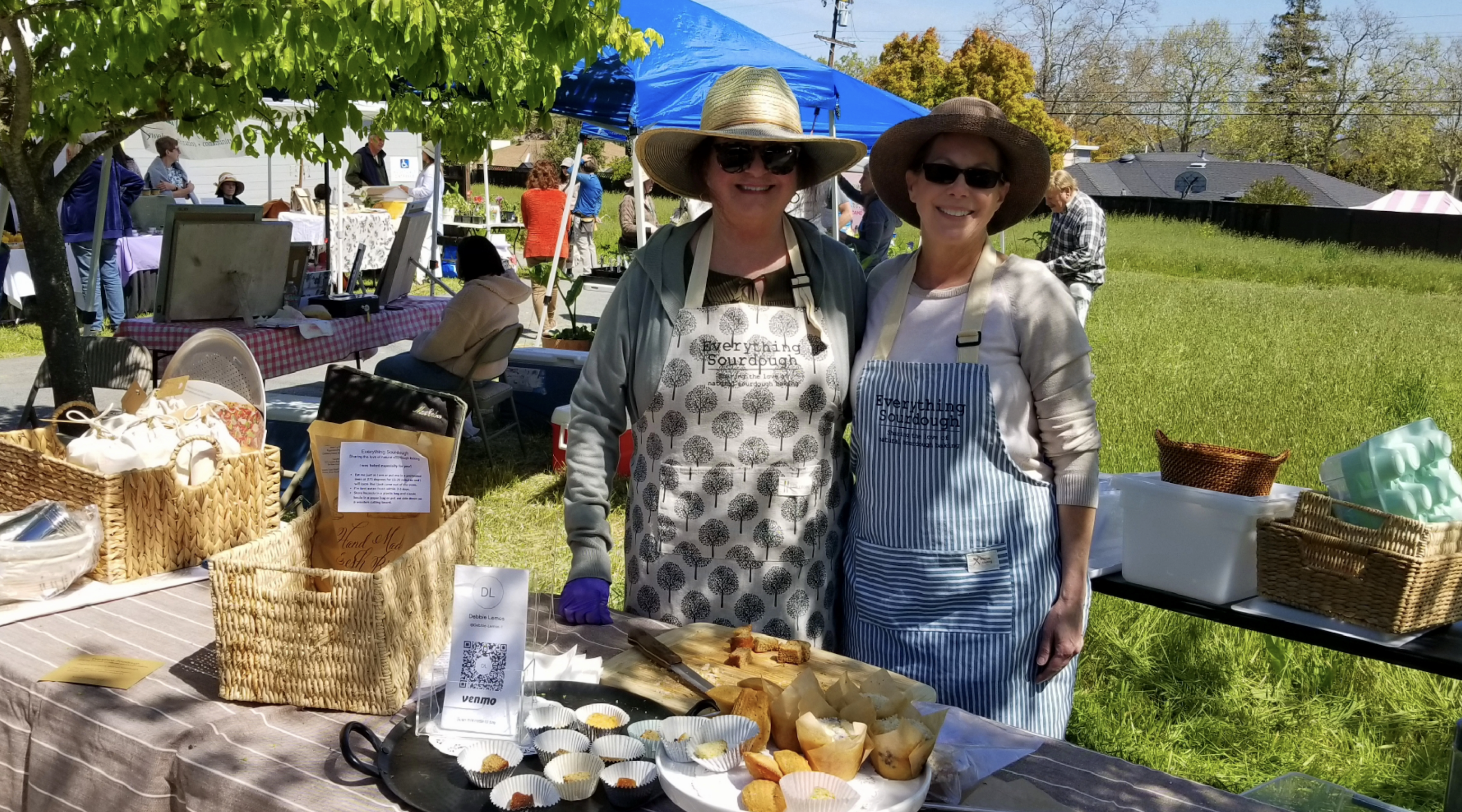
Can you suggest some inventive unique ways to use leftover sourdough starter?
How much time do you have?! Outside of the usual pancakes and waffles that most people are familiar with I think sourdough pasta and crackers come to mind. Both are easy and so very delicious. I post lots of discard recipes in full on my Instagram feed.
A little-known fact, you can convert almost any recipe to include active or discard sourdough…how much starter you use and how to convert will depend on the type of recipe it is.
Have you experimented with different natural flavors, colors, or ingredients in your sourdough bread? If so, what are some standout favourites?
I love adding ancient grains, especially spelt flour to my sourdough breads and also inclusions like olives, dried fruit, and nuts as well as cheddar and jalapeno. I recommend experimenting with the flavors and grains you like, it’s fun and delicious.
Can you point us to any essential books, digital resources, useful websites, or courses for mastering the craft of sourdough bread baking?
I don’t use any specific books or other resources. I save recipes on Instagram that look interesting to me as ideas to make in the future and when I research a recipe, I read through both conventional and sourdough recipes (if available) for ideas.
I’ve adapted to my own basic process, because it works consistently for me, and use that when creating new or converting conventional recipes.
How has managing a popular Instagram account impacted your sourdough bread-making journey?
I love connecting and helping new sourdough bakers and have made so many new friends and connections, including you all here at The Sourdough People. I try and answer or like every DM and comment in some way as to maintain those connections but also try and limit my time managing my social media so I can bake sourdough. Prioritize your priorities!
Do you draw inspiration from any other influencers or social media accounts for your sourdough creations? If so, who are they and what do you like about them?
Oh wow! There are so many and too many to name. There is an amazing wide variety of bakers and sourdough bakers who are so talented. Each brings their own style and contributions to our niche.
If you were to guide a beginner embarking on their sourdough journey, what nuggets of general advice would you share?
Be patient, there is a learning curve when you bake with sourdough. It takes time to get to know your starter and how time and temperature impact the outcomes, especially leavened bread.
Don’t invest in fancy, expensive equipment. There is really no need, you can bake a great loaf of my Farmhouse Sandwich bread using a glass 9×5’ loaf pan you probably already have in your kitchen.
Lastly, be clear on what your objective is. Is it to reduce costs, have more healthy options for your family or is it just a hobby to experiment with and get the best crumb you can.
How do you tackle challenges or unexpected outcomes in your sourdough baking process? Any noteworthy lessons you’ve learned along the way?
This is a good question, when I started, I had a journal that I wrote in with notes on each bake. What worked and what didn’t, what I observed, the timing and temperature. Over time I got to know my starter and how it reacts to environmental and ingredient changes.
Be patient, observe, and have fun. When all else fails, your failures can still become a delicious bread pudding, croutons, or bread crumbs!
For people who may not be able to bake at home or have access to a kitchen, what do you recommend for buying sourdough bread loaves from the store? What to look out for?
Buy local if you can, direct from the baker. A real sourdough loaf should have only a few ingredients, flour, starter, water, and salt. Period. Farmers Markets are a great place to start if you have them in your area.
Outside of running your Instagram profile and being an awesome sourdough bread community member, what do you get up to in your personal time for fun?
Awe, thank you! I love to entertain and am fortunate to live in California where the weather is nice much of the year and also have a nice outdoor space to entertain friends and family. They are my best taste testers!
Lastly, is there anything else you would like the sourdough community to know about yourself, your business, or otherwise?
I am someone who is passionate about many things and I tend to throw my entire self into whatever activity I’m doing. I love to spend time with my family and friends and create dinners and events that highlight my recipe creations and sourdough breads. I love to travel and someday hope to meet in person some of the amazing friends I’ve made in this sourdough-baking community.
Please consider following The Sourdough People on Instagram, joining our email newsletter and using the intake form to send us unique or interesting stories or perspectives that you may have experienced.
